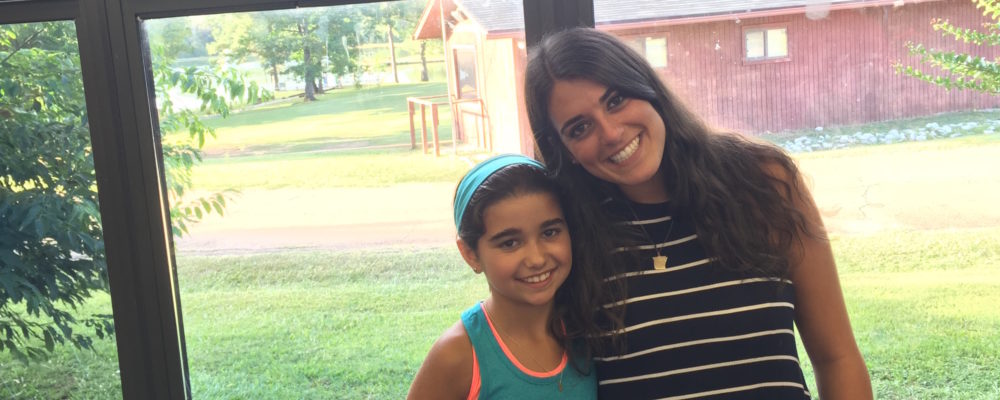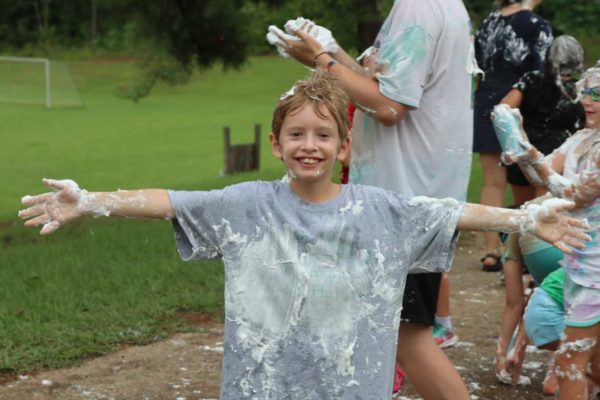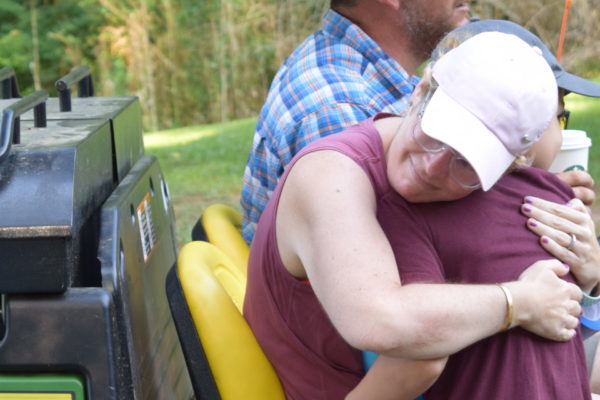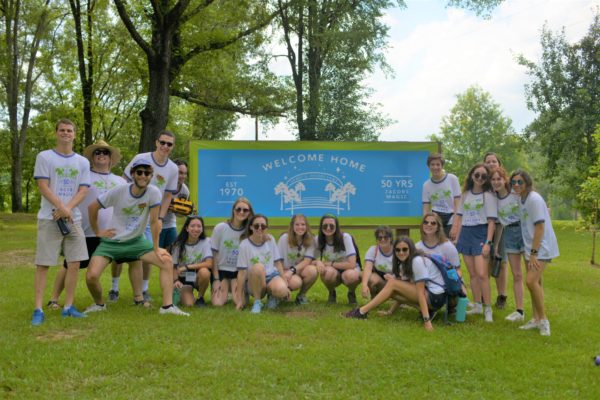Rabbi Barry Block
On Friday evening, June 24, Meir Chayim Temple in McGehee, Arkansas held its final worship service, closing its doors and selling its synagogue building after decades of meaningful service to the Jewish community of southeast Arkansas. The changing nature of the agricultural economy in that part of the state left few jobs to entice a younger generation of Jewish adults to return home, so the congregation’s demise was long expected and unavoidable.
This summer, Henry S. Jacobs Camp is home to 437 campers and scores of staff – filled to capacity during its largest summer in the camp’s history of nearly a half century. Jacobs Camp is alive with Jewish learning and ruach (spirit), just as its founders dreamed. Its enrollment has increased by some 20% in the two years that Anna B. Herman has been Camp Director, a phenomenal achievement.
The facts of the two paragraphs above, contradictory as they may seem, are simultaneously true and related. My colleague and friend, Rabbi Micah Greenstein of Temple Israel in Memphis, emphasizes that Judaism is alive and well in the Deep South, even in an era when McGehee’s synagogue is hardly the only one to close for lack of a new generation. No better testimony could be found than in the growth at Jacobs Camp, both in numbers and in depth of Jewish program. Talking to a Jacobs Camp leadership staff member, I could sense her excitement at returning home to Memphis to begin her career after graduating from college out of state. In a bunk for cabin prayers, I heard a nine-year-old boy from the New Orleans area discuss how his day was impacted by lashon hara, utilizing the Hebrew term for “gossip,” without missing a beat. In the dining room at lunch, I experienced the ruach (spirit) of hundreds of young southern Jews singing and cheering together in Hebrew and English. One cannot spend time at Jacobs Camp and imagine that southern Judaism is dying.
Shortly after I arrived at Camp this past Sunday, Lauren Grundfest, a counselor who hails from our Little Rock congregation, introduced me to her young cousin, a camper from New Orleans named Ellie Zurik. Both of their grandmothers and Lauren’s mother grew up in Dumas, Arkansas, twenty miles from McGehee, and both share a heritage at Meir Chayim Temple. In Lauren and Ellie and many others, Meir Chayim Temple lives on at Jacobs Camp.
Congregation B’nai Israel in Little Rock and Jacobs Camp are heirs to the Meir Chayim Temple legacy. That congregation left our congregation two beautiful pairs of rimonim (Torah crowns), as well as its Memorial Plaques, which came along with the sacred obligation to observe that congregation’s yahrzeits in perpetuity. Its Torah Scrolls are off to World Union for Progressive Judaism congregations. Even more importantly, with the proceeds of the sale of its building, Meir Chayim Temple created a Jacobs Camp scholarship fund at Congregation B’nai Israel. At the end of the congregation’s life, its leaders recognized that children, grandchildren, and great-grandchildren of its current and former members lead active Jewish lives elsewhere today because of the congregation’s meaningful partnership with Henry S. Jacobs Camp since 1970 — and with NFTY’s Southern Region, previously known as SoFTY, for even longer.
Meir Chayim has no more died than Judaism has ceased to exist in the Deep South. Instead, Meir Chayim has moved on to a new phase of its existence, giving life to Judaism in this part of the country, at Congregation B’nai Israel, at Henry S. Jacobs Camp, and beyond.
Rabbi Barry Block serves Congregation B’nai Israel in Little Rock, Arkansas.




